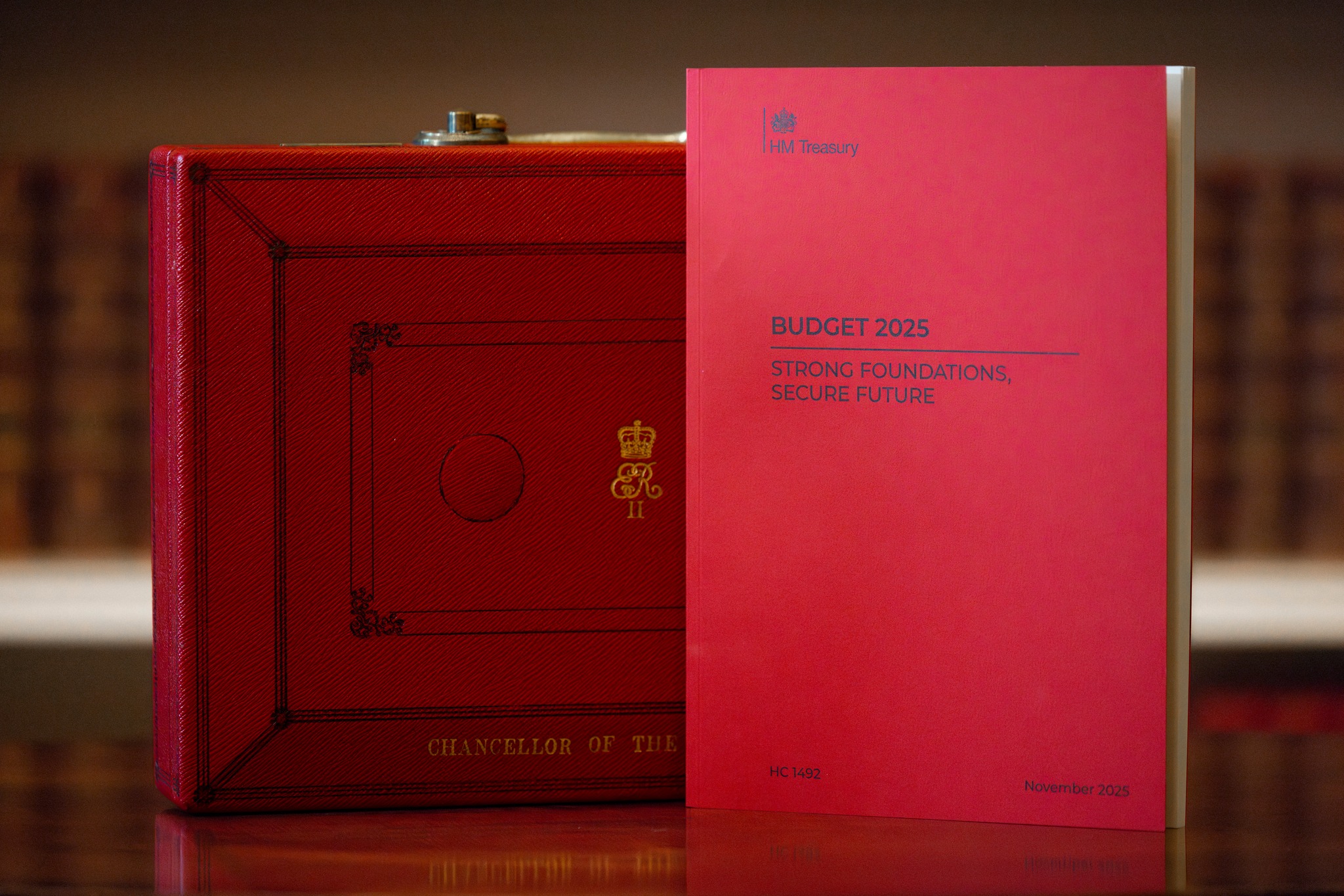Sustainability in the mining and quarrying sector

The UK mining and quarrying industry is entering a period of renewed interest as rising metal prices and higher import costs shift attention back to domestic supply. Yet this resurgence arrives with a complicated legacy, shaped by decades of environmental and social concern.
The UK mining and quarrying industry is entering a period of renewed interest as rising metal prices and higher import costs shift attention back to domestic supply. Yet this resurgence arrives with a complicated legacy, shaped by decades of environmental and social concern.
As demand grows, the key question is whether the sector can evolve in a way that supports both economic recovery and genuine sustainability.
With the cost of metal steadily rising throughout 2020 and the early part of 2021, alongside the increasing cost of imports, the UK mining and quarrying industry looks set for growth. But its reputation hasn’t always been one of glowing reviews. Largely forgotten as an area worthy of investment for several decades, there are concerns surrounding such growth, largely due to the negative consequences associated with mining and quarrying.
From deforestation and erosion to sinkholes, significant use of water resources, and potential contamination of soil, we take a look at whether it’s possible for sustainability to be at the forefront of the mining and quarrying sector.
Challenges faced within the industry
While mining and quarrying as an industry has always existed, investor interest has remained dormant for the last 30 or so years. With recent global events such as Brexit and an availability of imports alongside the Covid-19 pandemic, there has been a firm hold on the industry, particularly in the first half of 2020.
A quarter of carbon emissions come from mining and quarrying, but the industry also faces further environmental and social challenges, any of which can occur within local, regional, and global scales. Whether these impacts take place through direct and indirect mining and quarrying practice, the sector has been responsible for coal mine accidents, land subsidence, damage to the water environment, mining waste disposal, and air pollution.
How can the sector move forward?
With increased calls for demand, miners are focused on looking at ways to reduce their environmental impact. One key way the industry can do so is to look at their energy usage. One study shows how the production of coal mining wastes can be decreased by 10% simply by reusing mining wastes as underground fills, or by using the waste as fuel for power plants or raw material to make bricks or other associated infrastructure materials.
Another way is to focus on the materials being mined. Eco-technology company, Cornish Lithium is reviving a lithium brine project in Cornwall, the country's sole lithium project. Jeremy Wrathall, founder and CEO of Cornish Lithium states:
The government wants to generate new industries after Brexit. It's looking for new value-added opportunities. The UK government has not hindered any new mining project, and is aware that mining can today be environmentally friendly.
Another more environmentally conscious material being looked at is potash, a high-value fertiliser and the most common natural source of potassium. In fact, global mining and quarrying company, Anglo American, renewed its interest in the material as they put forward a proposal to acquire British potash-project developer, Sirius Minerals, which is developing the Woodsmith mine in Yorkshire.
A further way in which current and future companies can keep focus on their environmental impact is to use hybrid power solutions for mine site operations, particularly in more remote areas. As well as aiming to reduce a mine’s diesel consumption and energy costs as well as decreasing their carbon footprint, the process of combining renewables with thermal generation and battery storage is a majorly sustainable change in the industry.
What are some of the more sustainable mining and quarrying companies?
According to a report undertaken by Green Mining Markets, which is based on mining type, technology, and region, the players putting their best carbon footprint forward currently in the green mining market are:
- Glencore (Switzerland)
- Rio Tinto (UK)
- BHP Billiton (Australia)
- Vale S.A (Brazil), Tata Steel (India)
- Anglo American (UK)
- Jiangxi Copper Corporation (China)
- Dundee Precious (Canada)
- Freeport-McMoRan (US)
As mining is key to the growth of renewable energy, with green technology heavily reliant on certain metals and minerals, the mining and quarrying industry looks extremely well-positioned to play a significant role in fueling various economic recoveries following on from Covid-19. And are much more sustainable alternatives.
FAQs

Can we help your business?
Book a free consultation with our expert R&D funding advisors today. We specialise in helping innovative businesses like yours unlock millions in government funding, specifically allocated to fuel your innovation. Let us help your business access the support it deserves.









.svg)


